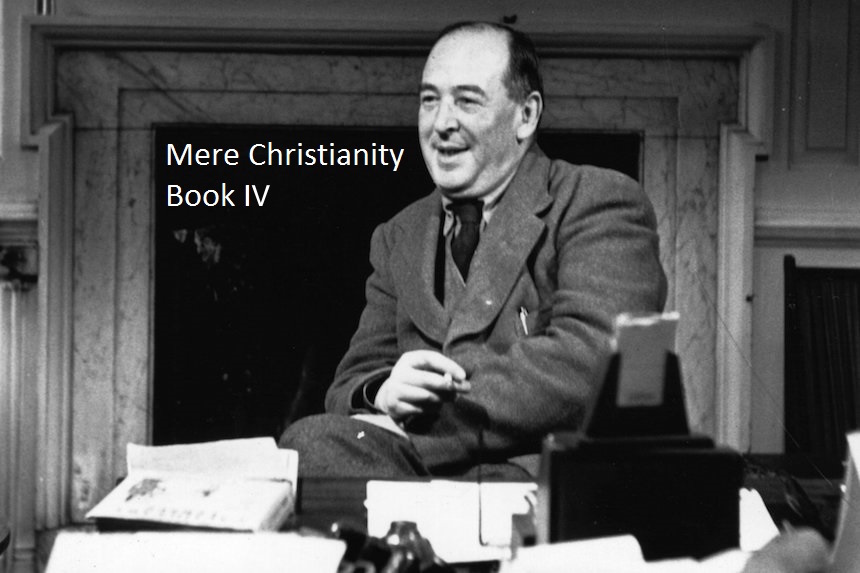Mere Christianity – Book IV – Chapter 11 (“The New Men”)


At last we come to the final chapter of “Mere Christianity” completing my notes for the book.
1. Christ came to transform
“…Christ’s work…is not mere improvement but Transformation. The nearest parallel to it in the world of nature is to be found in the remarkable transformations we can make in insects by applying certain rays to them. Some people think this is how Evolution worked”
(a) We are used to transformation through evolution
“…Everyone now knows about Evolution (though, of course, some educated people disbelieve it): everyone has been told that man has evolved from lower types of life. Consequently, people often wonder ‘What is the next step? When is the thing beyond man going to appear?'”
(b) People have constantly been incorrectly predicting the next step
“…I cannot help thinking that the Next Step will be really new; it will go off in a direction you could never have dreamed of. It would hardly be worth calling a New Step unless it did. I should expect not merely difference but a new kind of difference. I should expect not merely change but a new method of producing the change…. And finally, I should not be surprised if, when the thing happened, very few people noticed that it was happening”
(c) The Next Step is here
“Now, if you care to talk in these terms, the Christian view is precisely that the Next Step has already appeared. And it is really new. It is not a change from brainy men to brainier men: it is a change that goes off in a totally different direction – a change from being creatures of God to being sons of God. The first instance appeared in Palestine two thousand years ago”
This step has some differences in relation to the past…
“And in fact this New Step differs from all previous ones not only in coming from outside nature but in several other ways as well”